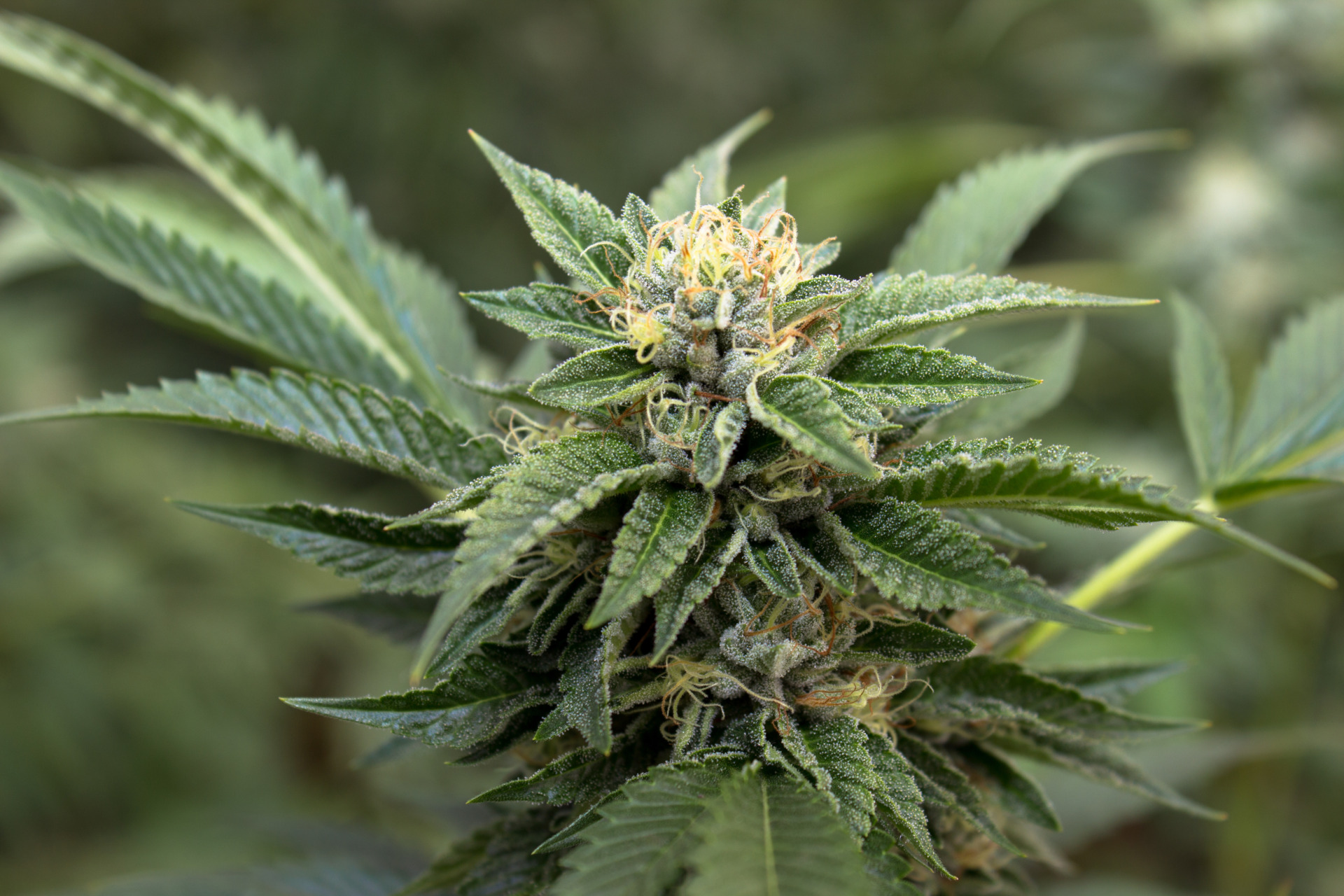Antibiotic Resistance: A Huge Problem
Antibiotics must be created constantly in order to keep up with rapidly changing bacteria that make us sick. Bacteria evolve quickly and mounting antibiotic resistant strains can cause major problems for humans. Many researchers believe that increasing antibiotic resistance is caused by the overprescription of antibiotics for illnesses that don’t truly require them, which has given bacteria the chance to create mechanisms to counter the antibiotics.
Cannabis has been found to have impressive anti-microbial qualities and the ability to fight many bacterial infections that can no longer be properly combatted by antibiotics. The first historic mention of cannabis being used to fight a bacterial infection was in 1935, when cannabis was used to treat gonorrhea. Though antibiotics were still relatively new at the time, only first being put into use in 1928, many strains of gonorrhea had already become resistant to antibiotics, namely penicillin. The trials of using cannabis to treat gonorrhea ended only 2 years later, when the Marijuana Tax Act was put into place, but cannabis was believed to decrease many symptoms of gonorrhea, though the trials were not conducted in a formalized scientific study.
Marijuana & MRSA
In 2008, a joint Italian and United Kingdom study was conducted on the benefits of cannabinoids on MRSA, an extremely dangerous staph infection.
Many strains of MRSA are resistant to antibiotics and are extremely hard to treat, leading to possibly life threatening consequences. The study found that five cannabinoids in cannabis, CBC, CBD, CBG, THC, and CBN, were all effective at killing six different strains of MRSA.
One of the head authors of the study and head of the Department of Pharmaceutical and Biological Chemistry at the University College London School of Pharmacy said of cannabinoids after the study, “Everything points towards these compounds having been evolved by the plants as antimicrobial defenses that specifically target bacterial cells.” The cannabinoids were as effective as Vancomycin, the strongest antibiotic available.
Cannabis & Hemp
One of the most promising aspects of the study was that the medication could be derived from both cannabis and hemp, with the two most effective cannabinoids having no psychoactive properties. The researchers determined that, since MRSA often expressed on the skin, topical products with cannabinoids could be one of the most effective ways to fight the infection. Cannabis was also found to continuously fight MRSA, even as it developed various antibiotic resistances.
CBD is a particularly promising cannabinoid when it comes to fighting bacterial infections. CBD oil was found to be the most effective against antibiotic resistance bacteria than any antibiotic available. CBD is also known for its anti-inflammatory and anti-microbial properties, which could make it beneficial for many more conditions than just MRSA.
One major road block to implementing widespread use of cannabis in the place of antibiotics, however, is the current legality of the substance. Though it is medically and recreationally legalized in many states across the United States, it is still seen federally as a Schedule I substance, meaning it is believed to have absolutely no medical value. Hopefully, however, this study’s recent rise in notoriety could provide another incentive for the government to take cannabis seriously as a viable medical product that could save many lives. Finding an alternative to antibiotics is important now more than ever as the scientific community struggles to keep up with rapidly changing bacteria and an increased prevalence of antibiotic resistant bacteria strains.






